What Kind of Machine-made Sand Can Be Used for Dry-mixed Mortar?
The dry-mixed mortar is a granular or powdery form that is physically mixed in a certain proportion of aggregates, inorganic cementitious materials (such as cement), and additives (such as polymers) that have been dried and screened. The dry-mixed mortar is transported to the construction site in bags or in bulk, and can be used directly after mixing with water. The dry-mixed mortar is also known as dry mortar powder, dry mixed mortar, and dry mixed powder.
According to different uses, dry-mixed mortar mainly includes: masonry mortar, plastering mortar, interface agent, tile adhesive, filler, interior and exterior wall putty, waterproof mortar, floor mortar, self-leveling mortar, repair mortar, early-strength mortar, powder coating, color decorative mortar, thermal insulation mortar, non-shrinkage grouting, dry mix concrete, and more.
The common dry-mixed mortar has standard requirements for consistency, apparent density, water retention, setting time, flexural/compressive strength, tensile bond strength, shrinkage, etc. Due to the requirements of artificial plastering or mechanized spraying on machine-made sand, construction and workability need to be considered. Therefore, there are some special requirements for the roundness, powder content, fineness modulus, and grade of machine-made sand.
1. Roundness requirements
River sand makes a good dry mix because it has a smooth surface and is mostly spherical. Therefore, only a small amount of cementitious material and a small amount of mixing water are required during the curing process. River sand with reasonable particle size gradation is undoubtedly a high-quality aggregate for the production of dry-mixed mortar.
The river sand formed under a series of forces such as impact, erosion, and transportation of river water has a more rounded grain shape, but the formation process is very slow. The flaky particle content of machine-made sand should not exceed 12%, so that the produced machine-made sand can be used in a dry mortar instead of river sand.
2. Fineness modulus, graduation requirements
The impact sand making machine can effectively reduce the coarse sand larger than 2.36mm and increase the fine sand of 0.15-0.6mm. The improvement of gradation is beneficial to improve the strength and fluidity of dry mortar, while reducing the amount of cementitious materials, improving the quality of the mortar and reducing the production cost. The fineness modulus of the machine-made sand used for dry powder mortar is generally controlled between 2.3-2.8.
3. Powder content requirements
Taking ordinary limestone as an example, when the machine-made sand below 2.36mm is produced by the impact sand making machine and the vibrating screen, the content of the stone powder produced is generally between 20 and 25%. Through practical application in dry powder mortar projects across the country, when methylene blue MB≤1.4, the stone powder content in plastering mortar generally needs to be controlled within 10%, and the stone powder content in masonry mortar can be appropriately increased.


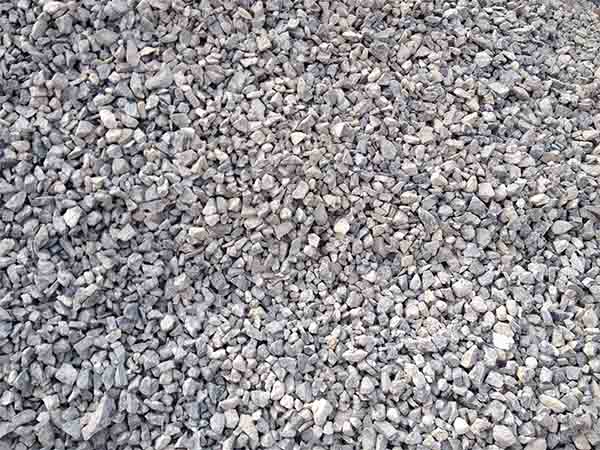
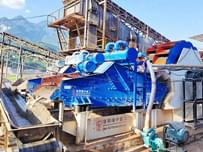
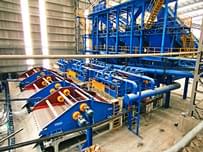
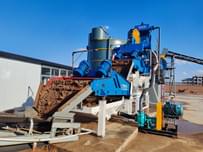
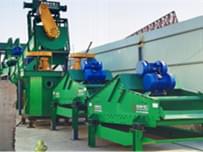
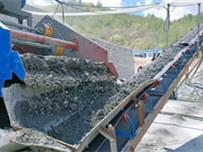
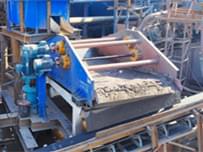
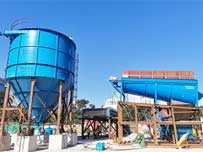
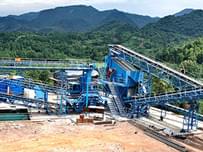




Send Message
Please write down your requirement and contact details in the following form. You can also send a message to us by this email export@lylzzg.com, we will reply to you within 24 hours.